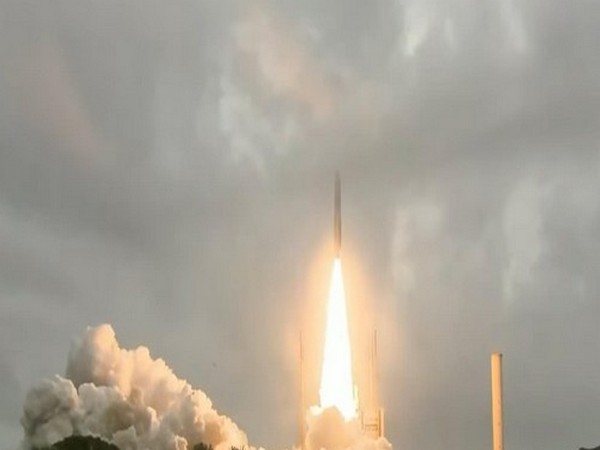
Washington [US], December 29 (ANI): The company which was once touted as China‘s own “SpaceX” is repeatedly failing to deliver on over-ambitious Chinese commercial space launch plans. Beijing Interstellar Glory Space Technology Ltd also known as iSpace was portrayed by China as the future of commercial space technology, a report said.
The company iSpace tried to live up to the huge Chinese expectations through a successful launch (July 2019) using Hyperbola-1 (Y1) rocket from Jiuquan Satellite Launch Center in the Gangsu Province; putting four payloads into Low Earth Orbit. The feat made iSpace the first privately-managed firm in China to deliver a satellite into orbit, said the InsideOver in a report.
The company established in 2018 is reportedly backed by China‘s tech giant Baidu along with Beijing-based venture capital firms. The space firm received some implicit state patronage provided to it by Chinese state institutions. In its statement, iSpace thanked China‘s State Administration of Science, Technology, and the country’s other state bodies for assistance.
But the company’s early success fizzled out so fast as it faced back-to back-failures in its high-profile launch attempts in 2021. The company’s second launch attempt made on February 1, 2021, using Hyperbola-1 to carry the CubeSat-sized Fangzhou-2 (Ark-2) satellite into space was shockingly off the mark. Xinhua then quoted a Chinese state media source to explain that the rocket flew abnormally and the specific reasons for the failed launch were being analyzed and investigated, said the InsideOver’s report.
Some reports blamed the issues in the rocket for the failure. While observers also attributed the unsuccessful operation to a piece of foam insulation designed to be ejected from the rocket’s exterior during ascent. The foam however flew into one of the vehicle’s grid fins resulting in a change in its trajectory. This eventually led to a vehicle breakup, the report said.
The company tried to move on from the setback and decided to conduct another launch again this year. iSpace tried to execute the launch, through the Hyperbola 1 from the same Jiuquan base on August 3. The result was another spectacular failure, which was again attributed to some difficulty in the separation of the faring of the rocket. Though the vehicle’s lift-off and ascent appeared normal, the mission failed in the stage of flight. As per the results of a later investigation conducted by the company, the silicon rubber of the faring stuck with the windshield which prevented the payload’s separation, according to InsideOver. (ANI)



















